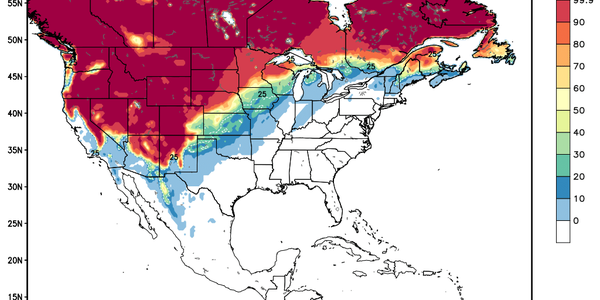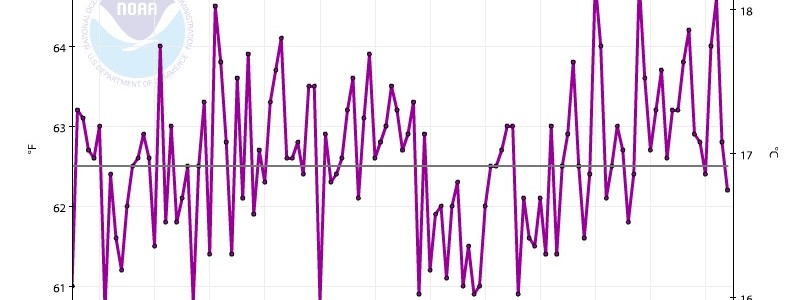Climate science
-

On a day when many people are traveling for the holidays, I thought you might be interested in a recent story from Smithsonian magazine on the impact of contrails on local and regional climate. Contrails are high-altitude clouds made of ice crystals and are formed by emissions from jet aircraft interacting with moisture high in the…
-

Fox News reported on a recent research study which looked at the temperatures of 235 freshwater lakes around the world and noted that their temperatures were rising faster than those of the atmosphere or ocean. This research was presented at the American Geophysical Union annual meeting in San Francisco last week. The rising temperatures are putting…
-

Now that the next episode of Star Wars has been released, I thought you might enjoy this look at the science behind the weather of the original Star Wars series, courtesy of Dr. Marshall Shepherd, UGA in Forbes.com. No spoilers, I promise! In the blog post, Dr. Shepherd points out that there is a website…
-

In the last two winters when the eastern US was one of the coldest spots on the globe, everyone was talking about the “polar vortex” and how it had expanded to bring cold air to the region. This year, the polar vortex is almost as strong, but no one is talking about it because the weather…
-

I’ve lived in Georgia for the past 15 years, and have only seen one Christmas week that had some snow. It’s no surprise that we don’t often get snow on Christmas Day because we are too far south to get the cold air that makes snow possible most of the time. This year most of…
-

My Facebook feed this week has been abuzz with a recent photo of Kelvin-Helmholtz waves taken by Brad Peterson in Utah earlier this week. K-H waves are caused by rolls of turbulence between two smoothly flowing layers of air and were named for scientists Lord Kelvin and Hermann von Helmholtz. Over time the waves grow…
-

There has been a lot of discussion in the news lately about differences in temperature trends between surface temperatures measured by thermometers and satellite-based temperatures measured by sensing radiation from space. A lot of climate skeptics talk about adjustments made to the surface temperatures, but may not realize that satellite temperatures are also adjusted to…